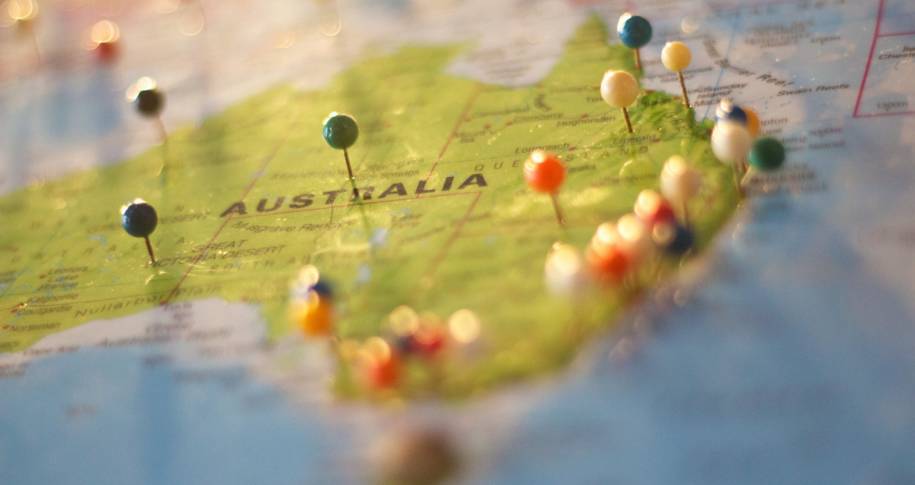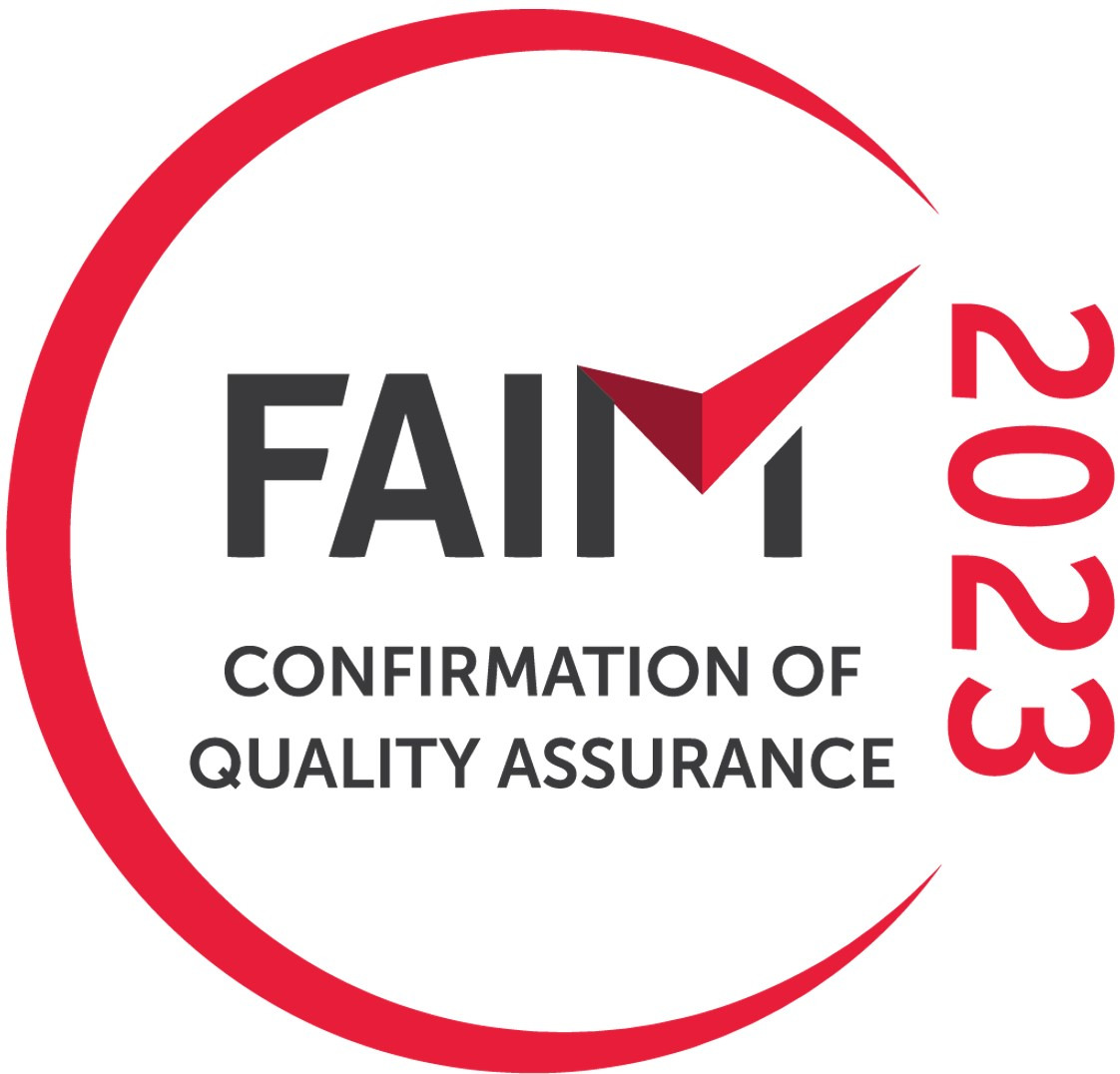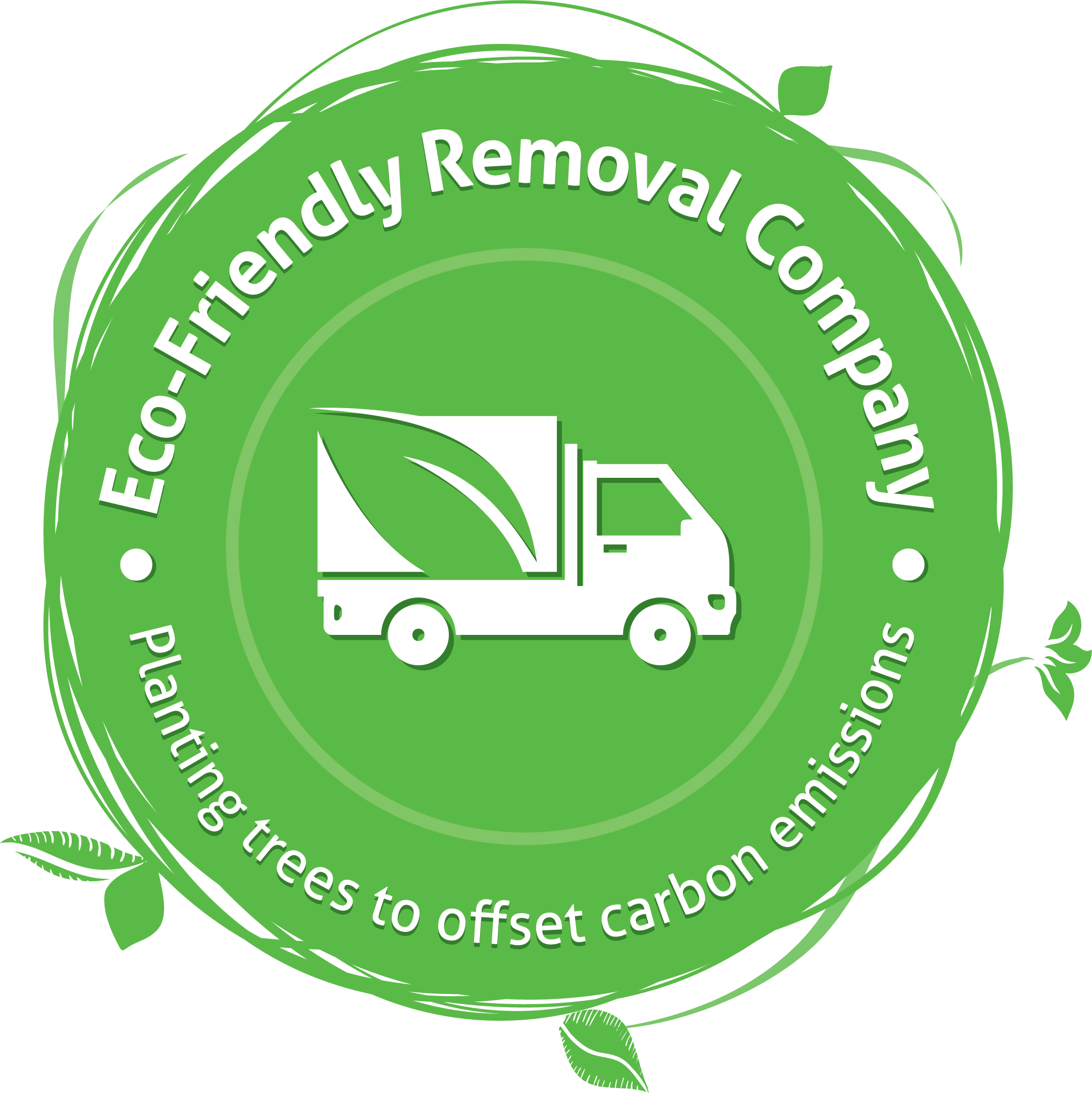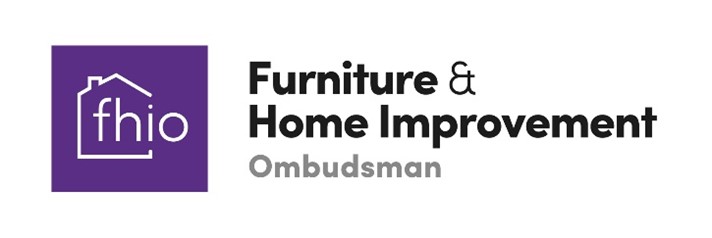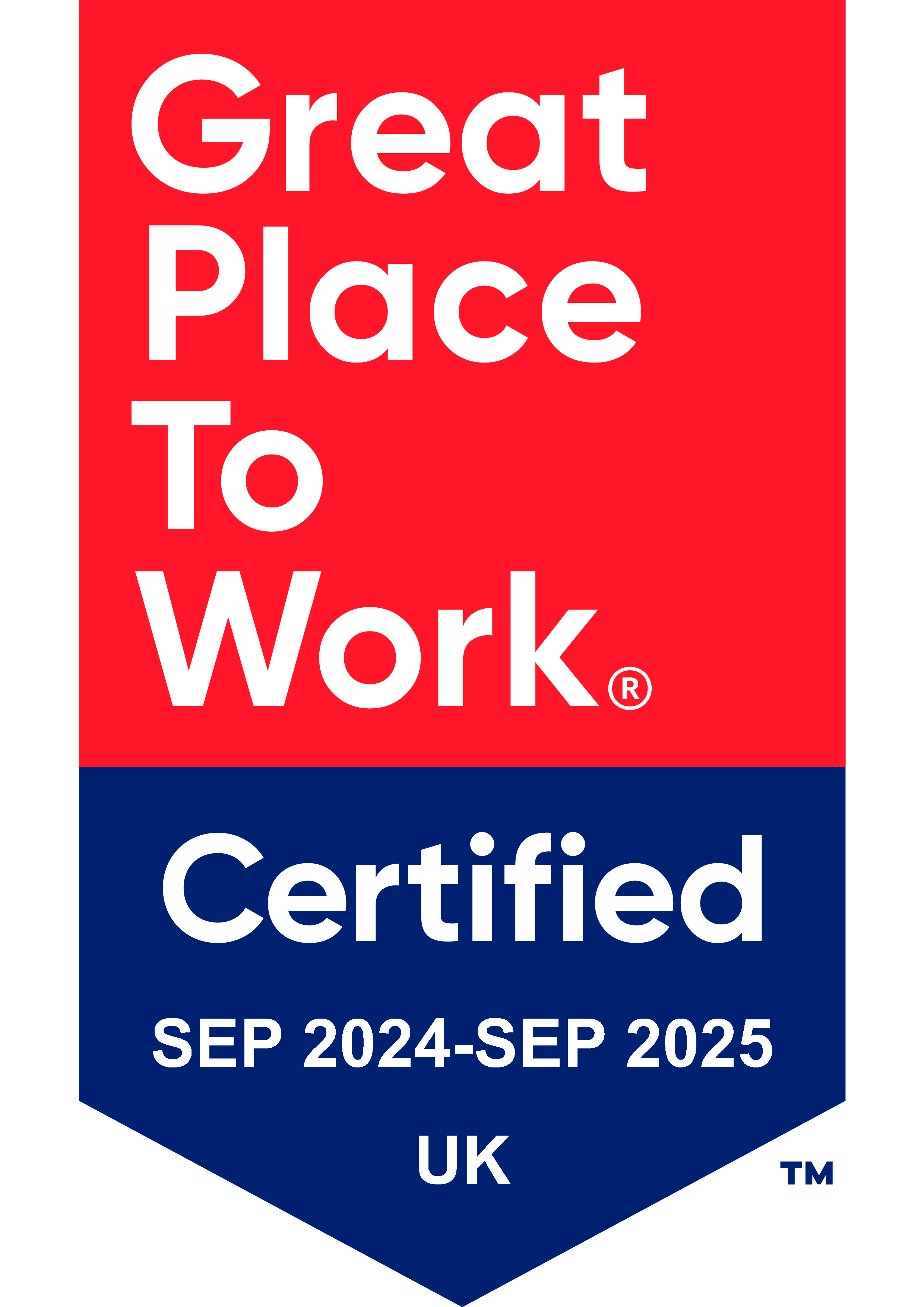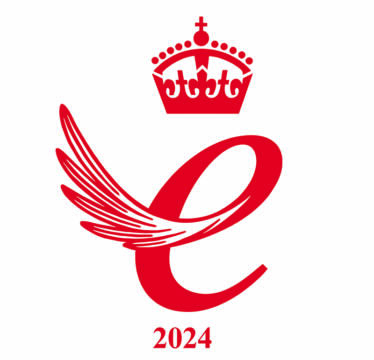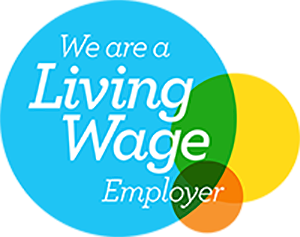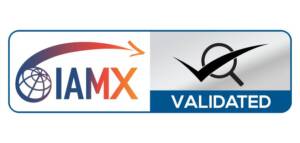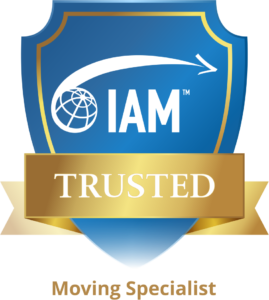Deciding to make the move to Australia from the UK is undoubtedly life changing. Known for its outdoor, laidback lifestyle, stunning coastlines and vibrant cities, relocating to Australia might be the very thing you’re looking for…But, before you can head down under, there’s a lot of admin and planning that needs to happen first.
Our ultimate guide is here to take you through everything you need to do to start your new life in Australia.
We’ll cover:
For further information, you can also download our detailed PDF guide.
How to move to Australia
For the vast majority of those looking for a new life abroad, Australia is high on the list. Emigration to Australia from the UK is at a record high over the past 10 years (Statista), with no signs of slowing down.
Though more and more people are choosing to move to Australia, it can be a complex process due to their stringent entry requirements.
So whether you’re moving with family or for work, or even if you’re a returning Australian resident, we’ll walk you through the process to help you prepare for your move.
Entry requirements
Australia has a number of entry requirements for those moving from the UK, with strict rules about who and who is not able to take up permanent residence there. For those serious about making the move, one of the first things you should do is check that you are able to meet all the necessary requirements.
First and foremost, you will need to ensure that you have a valid UK passport. You will also need to secure a visa, undergo health and character checks and may need to prove employment and sufficient funds for your arrival.
The entry requirements will differ depending on your type of visa. It can be useful to discuss with an expert to ensure you have all the necessary documentation for smooth entry into the country.
Australia uses a points system to determine whether someone will be allowed to take up permanent residence.
Points are awarded based on:
- o Age
- o Education
- o Work experience
- o Skill demand
- o Proficiency in English
- o Sponsorships
- o Relatives living in Australia
Get in touch to speak with our customs and emigration experts to find out if you could make the move.
Getting a visa
The most significant entry requirement for those moving to Australia is holding a valid visa. The type of visa you hold will also dictate many of your other entry requirements.
Getting a visa might seem like a daunting task but for most, it’s actually relatively straightforward, providing you have enough points to meet the eligibility criteria. The first step is finding out which visa you may be eligible for.
You can apply for a permanent Australian visa after you have lived for two years in a Specified Regional Area and worked, including being self-employed, for one year in these same areas. Alternatively, it can be obtained through sponsorship under the Regional Sponsored Migration Scheme.
There are many different types of Australian visa, to find out which best suits your skills and needs, here is our guide to the most widely used visas to work, study and live in Australia.
| Visa type | Overview | Eligibility |
| Visitor visas | Short term visas for those simply looking to visit Australia for a holiday | Valid for up to 3 months, doesn’t allow visitors to work |
| Working holiday visa | Short term visa allowing young people to travel and work in Australia | Valid for up to 12 months for those aged between 18 and 30 with a valid passport from an eligible country |
| Work and skills visas | Visas for those looking to work in Australia long term | Visa eligibility dependent on skills and/or employer nomination. |
| Study and training visas | Those looking to study at undergraduate or postgraduate level at an Australian university. | Dependent on securing a place at your chosen university and meeting all entry requirements. |
| Australian partner visas | Visa allowing a non Australian citizen to join their partner | Must be sponsored by an Australian citizen, Australian permanent resident or eligible New Zealand citizen. |
Download our detailed PDF for more information on visa types
Head over to our Australian Visa Support page to take a free visa assessment and find out which visa is right for you.
Finding work
In order to get a visa, it is crucial to find and secure a job in Australia. There are an abundance of opportunities in the country with high salaries for those that have qualifications and experience.
In general, you will not be able to gain access to Australia unless you are able to prove that you have work when you get there. For this reason, it is essential that you are able to secure a role if you wish to move to Australia from the UK.
Professionals in the medical, engineering and legal fields are particularly sought after, however sought after skills differ by state and may change over time.
Professions in the medical, engineering and legal fields are some of the most highly-paid roles so if you are already trained in these areas, a move to Australia could be the ideal opportunity!
For more information, read our blog on Working in Australia.
Use Australian job sites to start your search:
- Indeed Australia
- Seek.com.au
- Careerone.com.au
- Adzuna.com.au
Paying taxes
Everyone who works in Australia, whether they are citizens, residents or on a working holiday visa, must pay tax. You will be required to pay tax on your Australian income, as well as any other income you receive worldwide. This includes your pension, rental income or interest on investments.
Taxes in Australia are levied at three levels – federal, state and local. The system is complex with each state having its own rules. The Tax Act has almost 4,000 pages, so it’s advisable to consult a tax expert to get to grips with the system.
The first thing you need to do is apply for a Tax File Number (TFN). You can do this online before you arrive in Australia. Your TFN number will remain the same for the whole of your life, just like the UK’s National Insurance Number.
Finding a place to live
One of the most important things to work out if you’re moving to Australia, is where you are going to live. Not only do you need to decide whereabouts in the country you want to be, but whether you’re going to rent, buy or stay in temporary accommodation while you get settled.
Some of the most popular expat destinations include:
Each has their own charms so make sure to do your research to find out which area you will enjoy the most. You can also read our guide on where to live in Australia to help make your choice.
When it comes to finding accommodation, you can start your search before you go using any of Australia’s popular real estate sites, such as:
- Realestate.com.au
- Domain.com.au
- Rent.com.au
- Realestateview.com.au
- Onthehouse.com.au.
If you’re planning to rent, note that in popular destinations, securing a rental property can be competitive. Just as in the UK, you will be required to provide relevant documentation and may be asked to pay a bond and the first month’s rent before moving in.
If you’re in the position where you’re looking to buy a property, you may need to adhere to certain regulations if you are not yet a permanent citizen. For the most part, these rules only apply if you aren’t actually planning on living in the property; however, you will need to apply for approval from the Foreign Investment Review Board (FIRB).
Other options include long-term hostels, shared rental accommodation and travellers houses.
- o Long term hostel accommodation – find a hostel that caters for long term residency. This is a good choice for people that don’t mind sharing toilet and kitchen facilities
- o Sharing a rented property – this is a popular choice for those looking for long-term accommodation without much commitment. It provides a stable yet affordable environment.
- o Travellers houses – this is for those who would prefer not to commit to a lease agreement. As the name suggests, the house is specifically for travellers and prices include utility bills.
These can all be great options if you are looking to save money or aren’t quite sure exactly where you want to settle yet.
Banking
If you’re going to be living and working in Australia, you’re going to need an Australian bank account. This will make it easier for your wages to be paid, as well as allowing you to pay bills, your rent or mortgage payments.
It’s easy to set up an Australian bank account; you can do it once you arrive or even before you go. For most major banks you can simply apply online or over the phone. You may need to provide details of your visa and tax identification number. You will also need to make an international money transfer which can take a few days.
If you are not planning on opening a bank account until you arrive in Australia, make sure you change some money into Australian dollars before arriving to tide you over. You should still be able to pay for things from your UK bank account but international charges may apply.
Transporting your belongings
One of the biggest concerns you have may be how to get all of your belongings to the other side of the world.
Shipping is the most cost-effective and popular method of transporting your belongings. Air freight is much faster but costs considerably more.
Considering the different transportation options:
| Sole use container (20ft, 40ft or 40ft high cube) | The container will be exclusively yours. In most cases, if access at your property is fine, you will see it sealed outside of your home. When the container arrives in Australia however it will not be delivered to your home in the same way due to the quarantine inspection process. As a rough guide, the contents of a three-bedroom house can usually fit inside a 20ft container. |
| Shared container service | Some moving companies offer a shared container service. This option is often more cost effective, particularly if you have a part-house or smaller shipment. This service means that you will share the container with one or more clients so may have to wait longer for the container to be filled and shipped. |
| Air freight | You may also wish to consider an air freight shipment if you require certain items to be with you straight away. For example, baby items or a tool kit needed for work. Make sure to first check your additional luggage allowance on your flight. |
Learn more about international removal costs.
It is recommended to use an international removals service to ensure that your belongings arrive safely into the country ready for your arrival.
You should contact your chosen international removals company at least three months before your moving date to make sure that there is enough time to arrange a quotation, make necessary amendments, complete relevant paperwork and thoroughly prepare all your items for shipping.
Many removal companies will be able to accommodate you at a date nearer the time, but the more time allowed, the less stressful the process will be. As with most industries, there are professional trade associations which can provide a directory of approved suppliers. By choosing an approved supplier such as John Mason International, you can rest assured the removals process will run as smoothly as possible.
For the UK, a key trade association is the British Association of Removers (BAR) and the sub-group, the BAR Overseas Group. BAR Overseas Group members also provide a financial guarantee for their service and are subject to regular annual inspections to make sure that quality standards are maintained.
Other well known moving associations to look out for include FIDI and Overseas Moving Network International (OMNI).
You should gather quotes from your chosen removals company, or companies. For a part or full house move, it is typical for a consultant to be sent to your property for a pre-move survey. Some removal companies also offer video surveys if this is not possible. If you have a smaller size of shipment or just a few items to ship, a telephone or online quotation may be sufficient.
We also have a handy instant quote tool to give you an idea of how much your international removal could cost.
Finally, you should check with your removals company if they offer International Removals Insurance. This will ensure that if the worst should happen, your belongings are covered. Most removal companies will offer both All Risk Marine Insurance and Total Loss Only; make sure to discuss exactly what and isn’t covered by your policy.
Packing
When you’re moving abroad, one of the biggest tasks you will undertake is deciding what to take with you. Having some familiar home comforts can be crucial in helping you settle in but, the more you take, the more expensive it’s likely to be.
For those moving to Australia, you also need to consider what you can and can’t take with you by law. The Australian Department of Agriculture has issued very strict guidelines with regards to what you can and can’t bring into the country and how you should prepare your items. This is in order to protect the country from agricultural threats such as foot and mouth disease.
A full up to date list of what you can and can’t take should be provided to you by your moving company. The general items to watch out for include:
- o Items made out of plant material such as wicker, bamboo and untreated wood
- o Food products
- o Alcohol
- o Corrosive of flammable items
- o Outdoor items
Explore our Australia Customs Guide for further details.
Once you have decided which items you would like to take with you, you need to think about how you are going to pack them so they arrive safely and undamaged. Professional export packing services such as ours can help to ensure this.
Notifying the relevant people
It’s natural that you’ll have told your family and friends about your upcoming move in plenty of time to say your goodbyes, but it can be easy to forget about everyone else you also need to tell.
You must tell the HMRC if you’re moving abroad to live permanently. You will also need to tell any of your current service providers.
Use our notification checklist to make sure you don’t miss anyone out!
Healthcare
You’ve made it through the process and you’ve emigrated to Australia.
One of the first things you should do on arrival is ensure the wellbeing of you and any family members you have moved with.
In Australia, healthcare is provided by Medicare. Medicare is the equivalent of the UK’s National Health Service. It covers a substantial chunk of possible medical bills, however the Australian government urges people to take out private health insurance to cover the inevitable shortfalls.
If you are eligible, you should enrol in Medicare as soon as you arrive. Although, you can enrol retrospectively and get refunds on medical care already received if necessary. To enrol you can either go to a Medicare office personally or have a form sent to you. You will need to provide proof of your eligibility and details of your income, assets and residence. Your Medicare card should arrive within 2 to 3 weeks and it’s valid for 5 years.
What does Medicare cover?
| What Medicare covers | What Medicare does not cover |
| o 100% cost of treatment as a hospital inpatient o An 85% rebate on non-inpatient services, such as visits to a GP or a specialist. o Partial cover for medicines o Partial cover for diagnostic tests done by a GP o Partial cover for specialists and consultants o Eye tests performed by optometrists | o Dental exams and treatment, although some dental surgery is covered o Ambulance services o Chiropody o Home nursing o Occupational therapy o Physiotherapy o Glasses and contact lenses o Hearing aids o Prostheses o Private hospital cover o Medical repatriation and funeral costs |
Who is eligible for Medicare?
| Who is eligible for Medicare? | Who isn’t eligible for Medicare? |
| o All Australian citizens o All permanent residents o Visitors to Australia who can gain access via Reciprocal Health Care Agreements (RHCA) o People who have a valid visa and their parent, child or spouse is either a permanent resident or a citizen of Australia | o Foreign diplomats and their families o Men over 55 and women over 51 who have been sponsored in the family migratory category, are the responsibility of their sponsors for ten years or until they reach retirement age. o Retired people on temporary residence visas |
If you’re not sure if you are eligible, check the government website as rules and regulations for healthcare and immigration are always changing.
To cover any shortfalls, or if you are not eligible for Medicare, you should also take out private health insurance. This will give you access to medical treatment not offered on Medicare and will also allow you benefits such as the ability to choose your own doctor, specialist and hospital.
We have a partnership with Bupa International, the largest privately-owned health insurance provider in Australia, to provide tailored overseas visitors cover to suit your health and wellness needs.
Get in touch to find out more.
Start your new life!
The only thing left to do is start enjoying your new life.
Remember, it’s natural to feel overwhelmed when you first arrive in a new country, but after a few months it will all start to feel more normal.
Try to make an effort to get to know your area; this will help you to feel more at home. Do your research; use tourist websites, local guides and even neighbourhood social networking groups to see what is available in the place where you live.
Alternatively, get out and explore!
If you have moved to Australia with your family, make sure you pay extra attention to how your children are coping with the move. Try to prioritise them where you can. This could include things like decorating their bedroom first or starting new traditions – like doing the same thing every Saturday morning. The sooner they are settled, the sooner they will be able to thrive.
Finally, be open to meeting new people. Moving to Australia from the UK often means you’ve left your immediate support network behind. Building that back up again can take time, but some of the first people you meet could end up being friends for life.
You might make new friends through work or in your neighbourhood, but you could also try joining clubs or groups to meet like minded people.
How John Mason International can help
Now we’ve covered everything you need to consider before making the move down under, you might be feeling a little overwhelmed. There’s a lot to do; that’s where we can help.
John Mason International is a team of experts that has been helping people start new lives overseas for over 100 years. We are one of the UK’s most trusted international removals companies, and have recently been Honoured with the King’s Award for Enterprise.
We provide international removals and relocation services to Australia, helping to make the emigration process as smooth and stress-free as possible.
We offer entirely bespoke solutions, with optional extra such as removals insurance, pet relocation, storage and more. We pride ourselves on care, diligence and expertise, providing the best service possible to each and every one of our customers.
Get in touch to discuss your international move.
FAQs
Moving to Australia without a job offer is more difficult but is still a possibility for some. If you are a skilled worker and have experience in an occupation on the skilled occupation list, as well as meeting a number of other requirements, you may be granted a visa.
You can also be sponsored by an Australian citizen or permanent resident, or if your partner meets the eligibility criteria for a visa, you will be allowed to move with them. Sponsors may be required to undertake some responsibilities such as financial aid for a selected period of time depending on the visa granted.
Yes, for the most part! Australia has strict regulations when it comes to importing animals but most pets including cats, dogs, rabbits, birds and horses can come with you. There are some banned breeds so make sure to check the Government website for restrictions.
Your pet will need to undergo a period of quarantine on arrival and is subject to entry requirements such as microchipping, vaccinations and blood tests.
Find out more on our Australia Pet Relocation page.
The cost of moving to Australia can vary from person to person. You may need to pay for relevant checks and documentation before arriving in the country, such as your medical check. These can be anywhere for ~£50 to ~£400. You will also need to pay for your visa, which can be upwards of £4000, shipping your belongings (upwards of ~£7000), plus accommodation and health insurance costs for when you arrive. Most people moving to Australia from the UK will spend upwards of £15,000.
Speak to our expert team to understand the costs involved.
Whilst there is no set amount of money you should have in your bank account in order to move to Australia, some visas will require a specific amount. If you are moving with your family, this amount will be higher. Sometimes you will be required to show proof of funds on arrival in Australia, usually around $5000 AUD.
Moving to Australia can seem like a bit of a catch 22 at times. Getting a visa is easier if you have a job offer secured, however finding a job is much easier if you already live in the country.
Many hiring managers may be put off by the location if you live in the UK however, for those with in-demand skills, finding a job in Australia can be easier than you think. Make sure to use Australian job sites to find the best opportunities in your industry. If your role is on the list of in-demand skills, employers will be able to sponsor you to assist your visa application.

